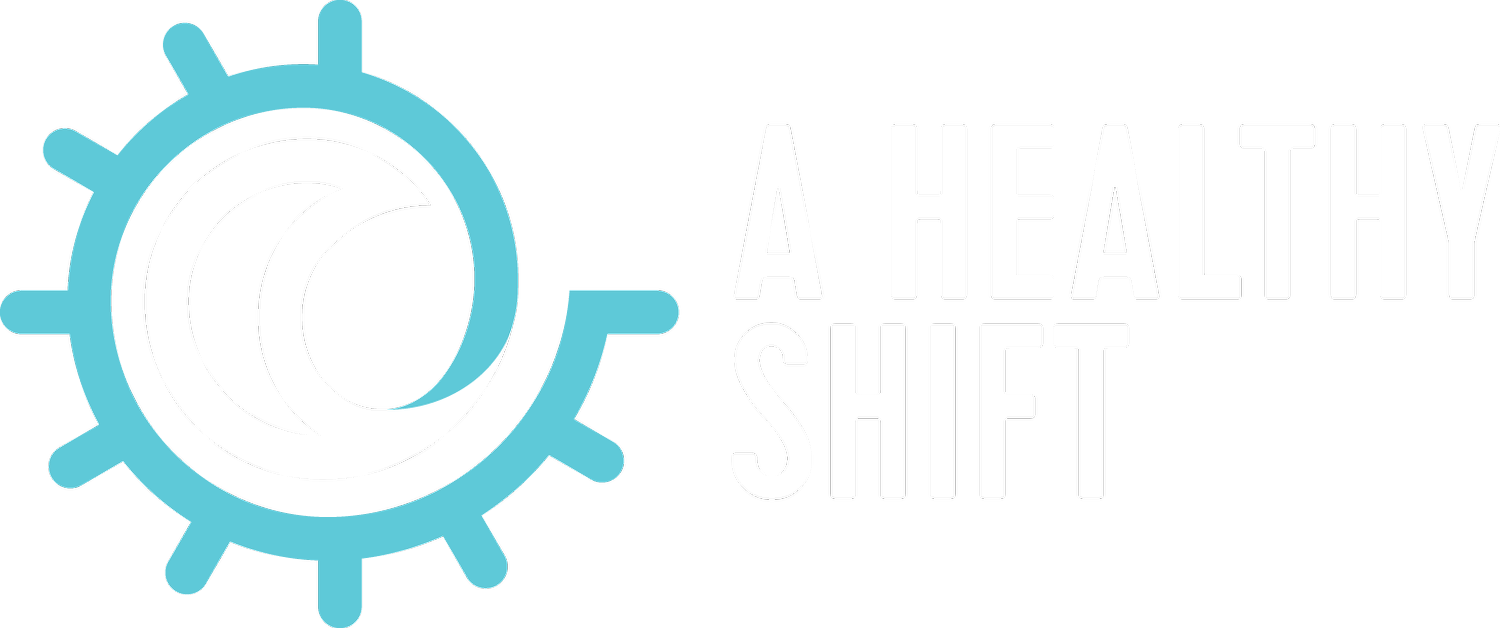Nutrition and shift work for females
Yes! Shift work is physiologically harder for females. So here’s what you can do.
You’re not imagining it: nutrition and shift work for females is psychologically harder to manage. When we talk about the core principles of nutrition, they’re very similar regardless of biological sex. However, shift work puts our bodies and circadian rhythm under a unique stress. The physiological make up as well as hormonal fluctuations women experience due to the menstrual cycle make nutrition and shift work management more challenging. Here’s some of the key differences.
Experiencing night shift bloating? This could be why.
● It takes significantly longer for the female body to digest food. In fact, one study showed it took 47 hours (compared to 33 hours for men!) for food to digest properly
● Biologically, females have a longer colon (~10 cm longer), meaning you are more prone to chronic constipation and/or an urgent need to go to the toilet
● The female colon is located low in the abdomen and shares the same space as the uterus and ovaries – in fact, it tracks around them. This makes digestion slower and at times less efficient. On the other hand, the male colon is located high in the abdomen and the presence of external reproductive organs allows for more colon space
● The female small intestine is also approximately 30 cm longer and its main job is to absorb nutrients. Studies point to this biological difference increasing the absorption of fat and other nutrients to support a woman’s health during pregnancy and breastfeeding
● Progesterone and oestrogen fluctuations during the menstrual cycle often leads to fluid retention, constipation and slower digestion rates for women – making night shift bloating even worse.
These very significant, five biological differences means we must approach nutrition and shift work for females differently. Otherwise, women are more likely to experience ongoing gastrointestinal distress (that is; bloating, constipation, diarrhoea, abdominal pain and cramping) and other unpleasant symptoms (such as heartburn, nausea and reflux). If you are pregnant or menopausal, these symptoms are even more common.
6 helpful tips to balance female nutrition and shift work
Fortunately, we’ve seen great success when female clients make these simple tweaks to their nutrition.
The good stuff: nutrition for females
● Eating a wide variety of fruits and vegetables that you enjoy
● Consuming high-fibre wholegrains (oats, beans, lentils are great)
● Prioritising both lean animal proteins and/or plant-based proteins and unsaturated fats (avocadoes, nuts, seeds) in your diet
● Eating in sync with daylight
● Sticking to a regular eating schedule, even on night shift
● Aiming for an even spread of calories and nutrients across daytime meals
The not-so-good stuff
● Eating carbohydrates during night shift
● Having a high added sugar intake
● Choosing saturated fats (butter and animal fats) and low-fibre carbohydrates regularly
● Eating in stressful situations
● Having large meals close to bedtime
Combat night shift bloating & other painful symptoms with our free shift work resource – The Circadian Fast
There’s even more ways to help reduce the negative impacts of shift work on your body. And it starts with The Circadian Fast. With this free resource, we discuss how nutrition and shift work for females can be balanced to alleviate night shift bloating and other gastrointestinal distresses. It's time to start working your healthiest shift.


